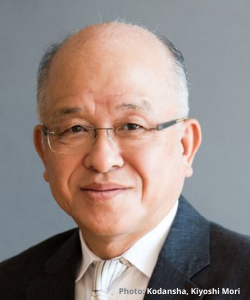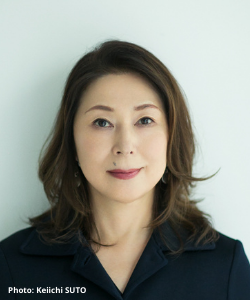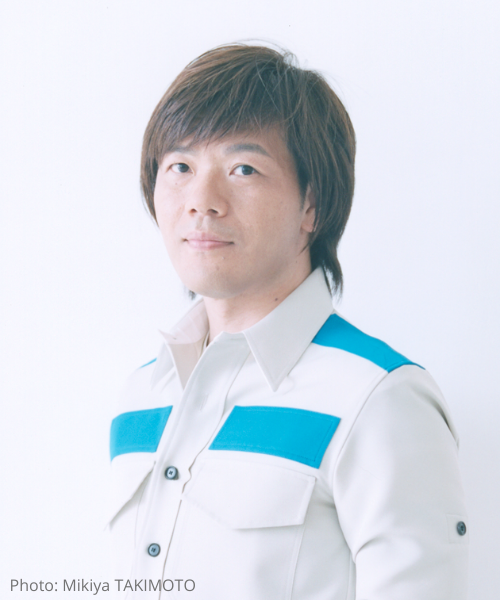Japan-Canada Literary Exchange
日本カナダ文学交流
Questions from Japanese writers to Canadian writers 日本の作家からカナダの作家への質問

ASADA Jiro 浅田次郎
Do you think that the pandemic has contributed to an increase in readership? Have you experienced any inconvenience in collecting materials and conducting interviews necessary for writing (due to restrictions and protective measures of COVID-19)?
コロナ禍において読書率は向上したでしょうか。また執筆にあたり必要な取材や資料収集などにはご不自由ありませんか。
KIRINO Natsuo 桐野夏生
It is said we will be experiencing a situation similar to the Great Depression due to COVID-19. What are your thoughts on the question of increasing division and disparity in society?
コロナ禍によって、世界恐慌が起きると言われています。今後ますます広がる分断と格差について、どういうメッセージをお考えですか。
 HIRANO Keiichiro 平野啓一郎
HIRANO Keiichiro 平野啓一郎
In the face of long-lasting economic stagnation and experience of the Great East Japan Earthquake, as well as great difficulties of reality caused by COVID-19 this time, Japanese readers often call for a “hopeful ending” in a novel. Jorge Borges tells in his writing This Craft of Verse that “Nowadays when people talk of a happy ending, they think of it as a mere pandering to the public, or they think it is a commercial device; they think of it as artificial. Yet for centuries men could very sincerely believe in happiness and in victory.” What do you think, now, about a happy ending of a novel?
長く続く経済的な停滞と東日本大震災の経験、また今回のコロナと、現実の大きな困難に直面する中で、日本の読者からは、小説に「希望のある終わり方」を求める声がしばしば聞こえてきます。ボルヘスは、「今日、人々がハッピーエンドを口にするとき、それは大衆への単なる迎合であるとか、商業上の適策の一つであると考えています。技巧的なものとして考えています。しかし何世紀にもわたって、人々は本気で幸福というものを、成功というものを信じることができました。」と、語っています(『ボルヘス、文学を語る This craft of verse』)。小説のハッピーエンドについて、今、どのように考えますか?
